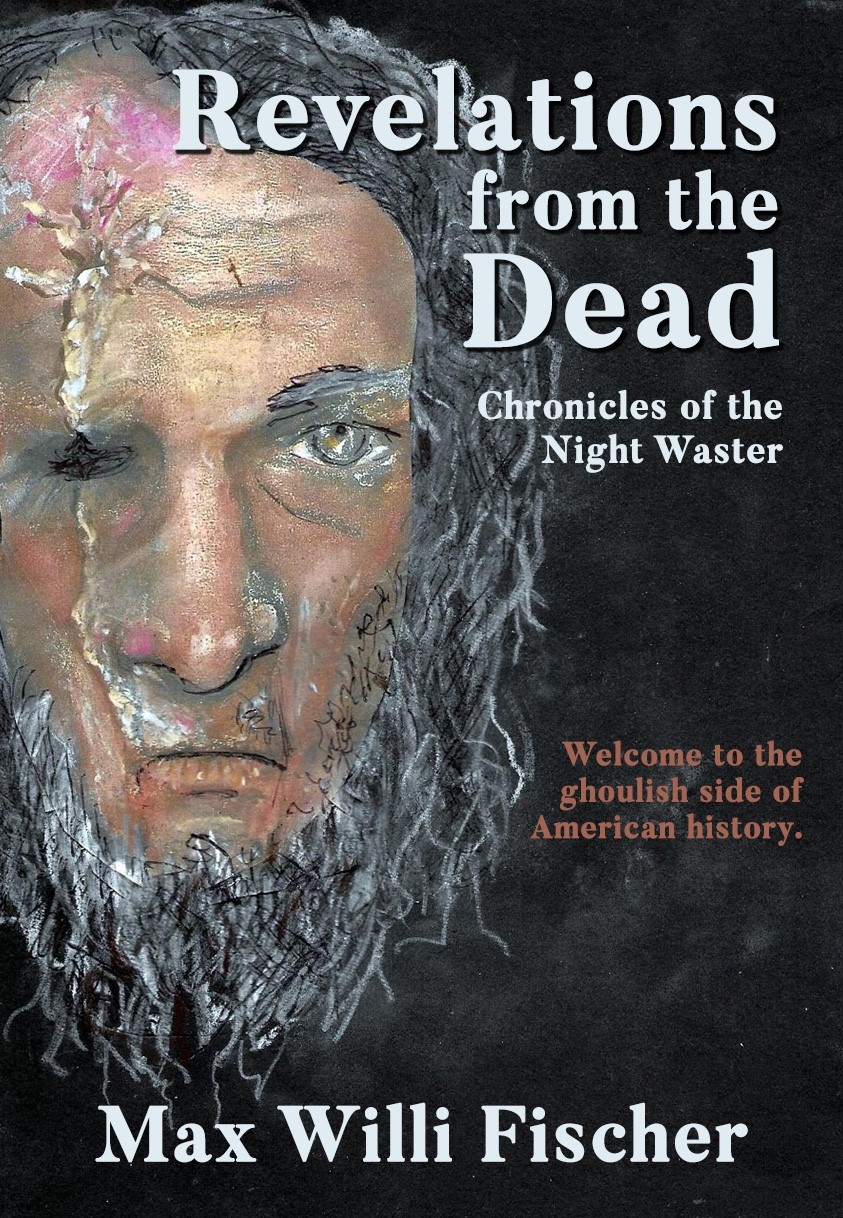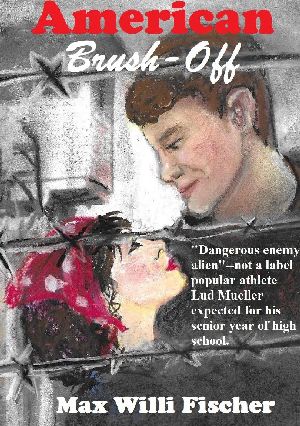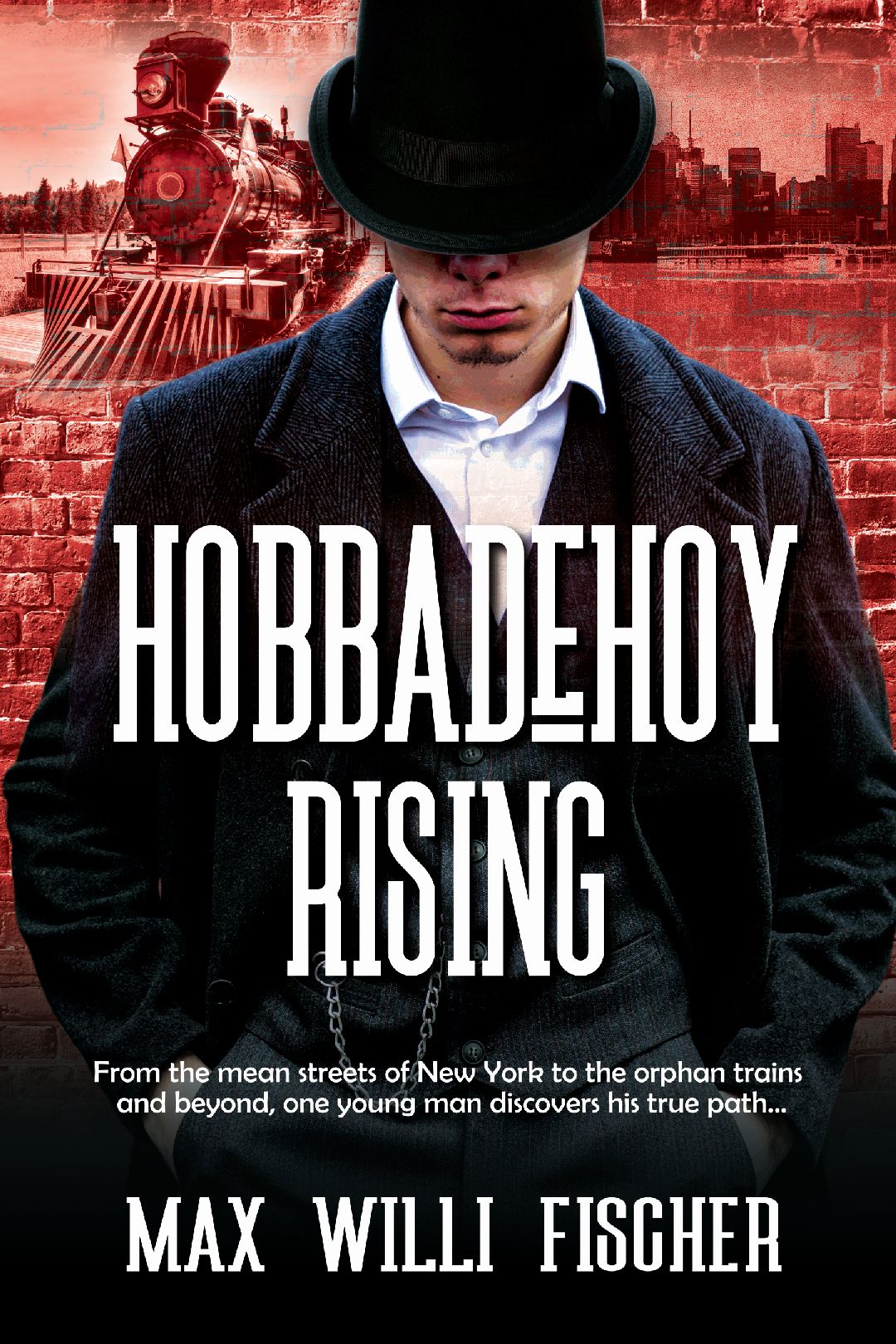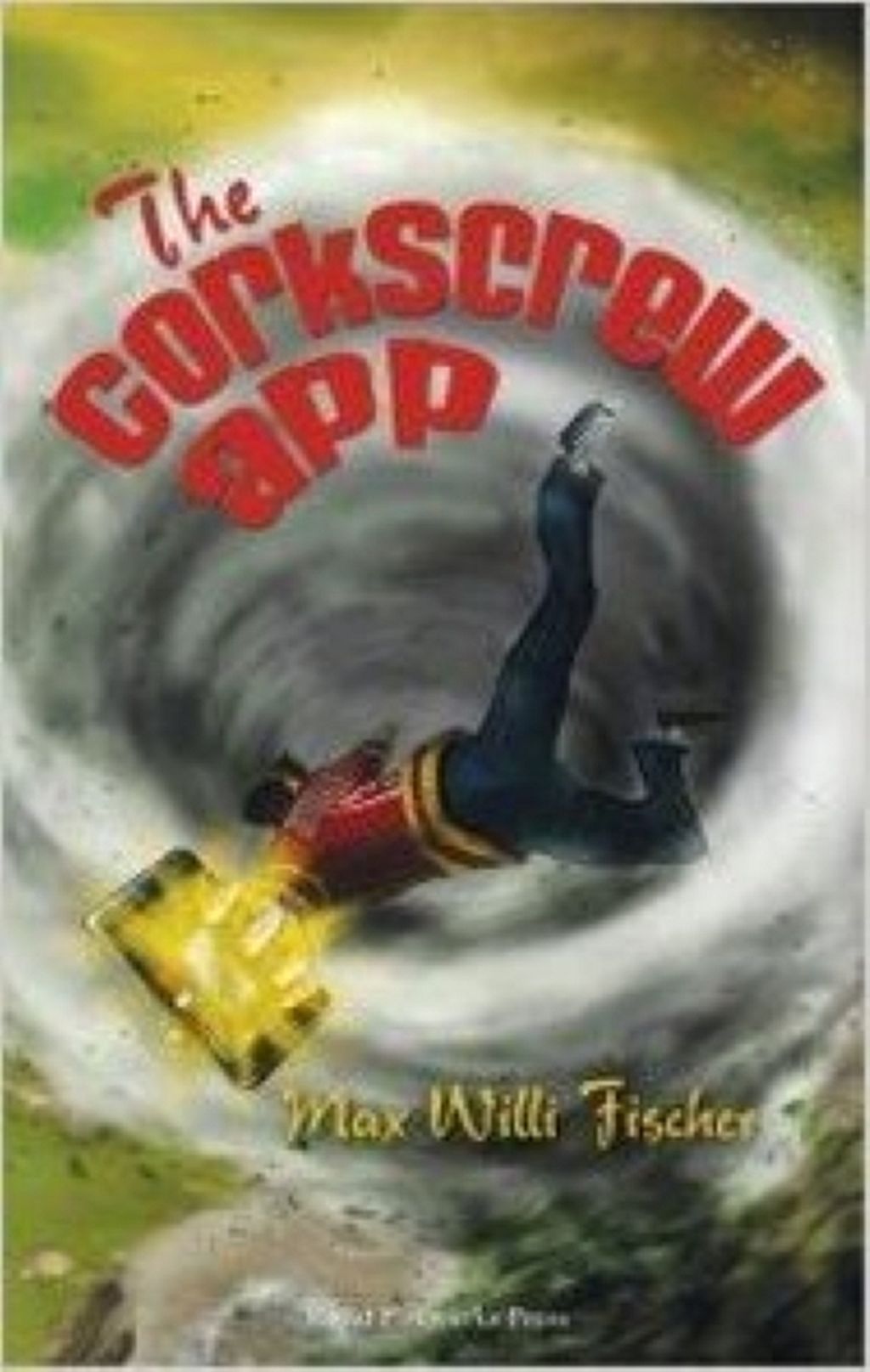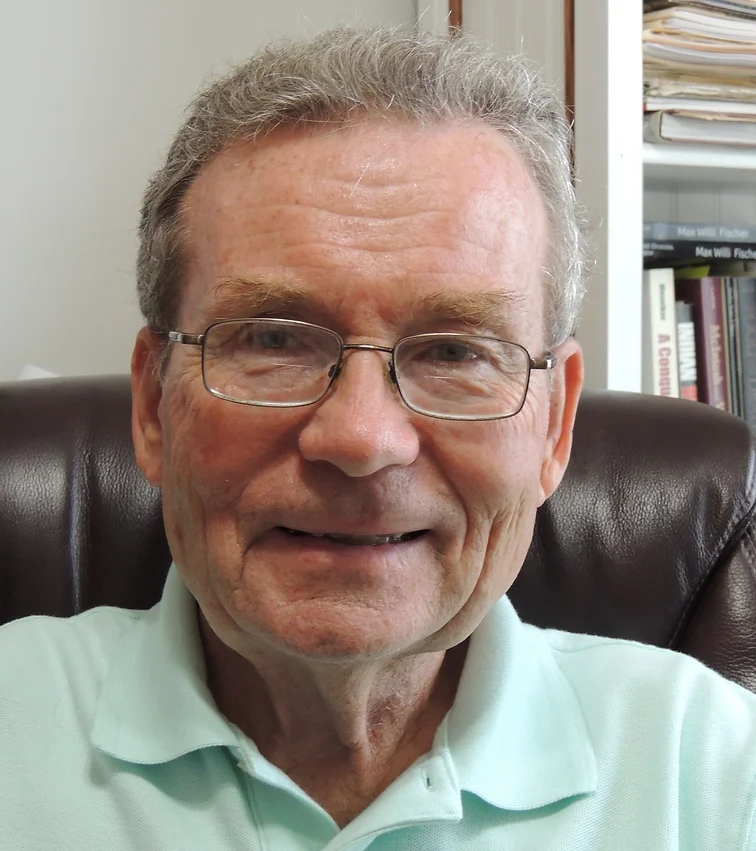We were lucky to catch up with Max Fischer recently and have shared our conversation below.
Alright, so we’re so thrilled to have Max with us today – welcome and maybe we can jump right into it with a question about one of your qualities that we most admire. How did you develop your work ethic? Where do you think you get it from?
Thanks to Kaiser Wilhelm II, Max Paul Fischer grew up fatherless in north central Germany in the midst of World War I and the economic desolation that hovered thereafter. Unable to afford much of anything, young Max would go the scrap yard where he cobbled together his first bicycle.
Gifted with logic and dexterous hands, he apprenticed in a mechanic’s garage in his later teens, eventually earning the status as a master mechanic in the German Luftwaffe on the Russian front, Surviving Stalingrad and the bombing of Dresden, he clung to a long-time dream of making it to America, egged on by an aunt and uncle already living in Ohio since 1930.
He took his young family to the United States in 1951 to seek greater opportunities. With some luck and despite not knowing any English, he had a job waiting for him as a mechanic in a Pontiac dealership in Akron, Ohio. As he and his wife, Elizabeth, raised their two children in a small house, ambition burned within him. He left several positions over the years for better paying ones, and ultimately started his own auto repair shop, at which he worked evenings. Working fourteen-hour days at two jobs, five days a week as well as eight hours on Saturday for several decades, he provided the means for a better standard of living for his family as well as the funds needed to send two sons through college.
As the reader can probably guess by now, Max Paul Fischer was my father. He set the standard of giving maximum effort toward anything worth achieving. It was/has been my guide in my professional career and beyond as an author. It’s the bit of him still inside me that drives me to go a bit further with any research I undertake for the setting of one my novels in order to immerse my readers into a bygone era.
Thanks for sharing that. So, before we get any further into our conversation, can you tell our readers a bit about yourself and what you’re working on?
Ever since my high school English teacher coaxed an affinity for writing out of me, I’ve enjoyed sharing ideas with others through the written word. During my four decades of teaching, I applied this skill in communicating with parents and authoring a dozen resource books for teachers.
However, my fondest desire had always been to create historical fiction for teens. While I used a multi-modal approach when teaching history to middle school/junior high students, time requirements limited how far I could immerse students into any given subject. Writing historical fiction has removed those constraints. I relish getting readers involved with my characters and the historical era in which they live.
Upon my retirement over a decade ago, I embarked on fulfilling that goal with my first published novel, “The Corkscrew App”. A sci-fi/historical fiction mix, the fourteen-year-old protagonist is transported back to Fort Necessity to meet up with a young George Washington through a top secret cell phone portal developed by the CIA. That got the ball rolling, and it’s still moving forward at a steady clip.
“American Brush-Off” details the trials of a Cleveland family with German roots who’s interned in an internment camp in the Texas desert during World War II. Ironically, “Revelations from the Dead: Chronicles of the Night Waster” was written two years before the start of the covid pandemic. It describes the lengths a New England family went through in the 1830’s to ward off an epidemic of consumption (tuberculosis) within their family/community. Another bizarre sci-fi/historical fiction hybrid –“The Reformation of Nate Adare”–is a novella which tells the story of a troubled teen who’s grown up without his father. A series of concussions leaves him reliving the horrid accusations of witchcraft hurled against one of his seventeenth-century ancestors.
Like many of my books, my forthcoming paperback release (Historium Press/June, 2024) of “Hobbadehoy Rising” parallels contemporary American society by a look back to another era. Yes, there are deep divisions in America today, but none deeper that what beset the nation in the 1850’s. Orphan Peter Wagner, aka Pencil, is a Manhattan street rat, who survives the notorious Five Points District as a lieutenant of a juvenile ring overseen by a grizzled criminal mentor. Betrayed, Pencil’s shipped off to Ohio on one of the first orphan trains before alighting for Cleveland. Through it all, he’s driven by a deep sense of justice amidst a society deeply divided on the issue of slavery.
As “Hobbadehoy Rising” is about to debut in paperback form (It’s been an e-book on Amazon since last fall), I’m already researching the structure of my next book. This much I can tell you: it’s set in the late 1930’s amongst the rubber mills of northern Ohio and deals with how fascism and communism jockey for favor in the Depression-ridden heartland.
In writing historical fiction, I can offer my readers (from reviews, apparently adults as well as teens) a rich slice of life from a bygone era, something generally unattainable in a classroom setting.
Looking back, what do you think were the three qualities, skills, or areas of knowledge that were most impactful in your journey? What advice do you have for folks who are early in their journey in terms of how they can best develop or improve on these?
As previously mentioned, I grew up in an bilingual, immigrant household. In a geographical twist of fate, we lived in a small town named by a boisterous ex-sailor in 1807 for an exotic seaport in northern Africa–Mogadore. You’ll only find two places named as such in the world. Perhaps the horrendous things previous generations of my family endured along with my hometown’s unique moniker embedded a deep love of history within me. Whatever the case, since childhood, I’ve found history fascinating.
Again, as noted, I had an exceptionally gifted high school English teacher, Vicki Falb Wilkinson, who did something in my junior and senior years of high school no teacher to that point had accomplished–she convinced me of my ability to write. I took it to college, and despite some rough patches there, kept practicing that skill. As computer technology infiltrated the teaching profession, email communication with parents became very important to me. It was a surefire means of avoiding “telephone tag” and allowed me a direct line to the parent. Half-way through my career, I relied on my writing skills to share instructional resource ideas with other teachers in the trade books I published. In those very books, I often presented short prompts or stories that would become stepping stones to the novels I write today.
Finally, I believe I’ve always had a bit of a showman in me. It certainly was a quality that could keep a classroom engaged when needed. No, I’m not a social media star or “influencer”, but a quality writer is a showman through the world they portray with their words.
As a far as advice goes, if possible, everyone should follow their passion in life. If you’re spending three to four decades doing something, it makes sense to do something you love. I chose teaching as my career because Mavin Corbin, my sixth grade teacher, opened my eyes to the wonders of learning in ways no other instructor had before. I loved how he taught, and took some of him with me into the future. Now, I don’t write fantasy because my mind doesn’t envision fantasy very well. Hey, I grew up reading James Fenimore Cooper (Last of the Mohicans), not J.R. Tolkien (Lord of the Rings).
Second, no matter what path you choose to follow, get ready for rejection because you will be rejected in some form or another. Until I was an established teacher, I lost out on a few positions because administrators didn’t think highly enough of me or my abilities based upon one interview. As an author, I’ve literally endured hundreds of rejections. If you do get published, whether traditionally or self-published, reviewers can often plunge the dagger into your ego. In any journey, especially those navigating a career, get used to the calluses of negativity. It’s part of the process of becoming whatever you’re seeking, which leads me to my final admonition.
Never, never, never give up. Early in high school, I went out for the football team. My hometown was (and always will be) football crazy. Like so many other boys over the years, I viewed playing football as a right of passage. It was more like a gauntlet. The upper classmen wasted no time in introducing me to forearm shivers into my face mask or the crown of their helmet into my helmet’s ear hole. I saw quite a few stars that first summer of practices, but I made it through learning one very important life-long lesson–when, inevitably, you get knocked down, you get yourself back up. As a young teacher, I made my share of mistakes. Humbling as they were, they became moments of learning. Writing isn’t physical, but it is intensely personal. Like I said, the gauntlet of rejection is part of it. One’s individual journey will certainly have potholes, detours, and other obstacles to overcome. One thing my generation didn’t have to cope with is the incessant bombardment of social media. Amid all that blather, the key is to learn from quality rejection in order to grow and ignore the noise of uninformed criticism.
What is the number one obstacle or challenge you are currently facing and what are you doing to try to resolve or overcome this challenge?
Today, as an author of historical fiction, my major challenge is getting noticed in what I’ve previously referred to as “the blather of social media”. There are several ways successful authors may do this. Celebrity certainly helps. With the help of a ghost writer, a celebrity can easily crack the Best Sellers list just on name recognition. Most writers, including me, don’t have that advantage. Some writers are wiley in their understanding of social media and can create a fairly successful marketing approach. Again, that’s never been a forte of mine.
So, with some forty million books on Amazon and other outlets, how can I get my titles to stand out? After trekking on my own through the publishing wilderness for almost a decade, a writing colleague advised me of a few social media sites that specialized in historical fiction. In the past year, this has led me to a collaboration with Historium Press, a subsidy of The Historical Fiction Club, to publish my latest release, “Hobbadehoy Rising.” Historium has the marketing know-how and author support, I can’t furnish on my own. Most importantly, it has an existing audience that, for the most part, mirrors my target readers.
Contact Info:
- Website: www.maxwilli.com
- Instagram: https://www.instagram.com/maxwilliauthor/
- Facebook: https://www.facebook.com/MWILLIFISCHER/
- Linkedin: https://www.linkedin.com/in/max-fischer-5b650647/

